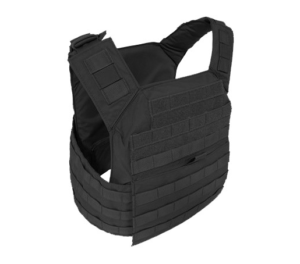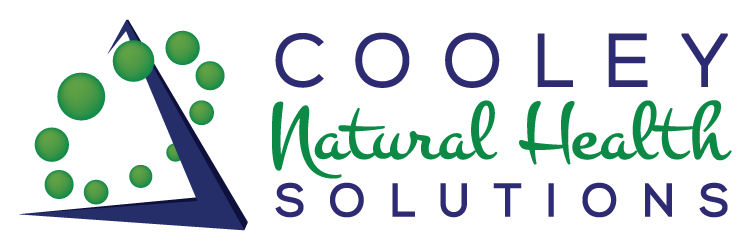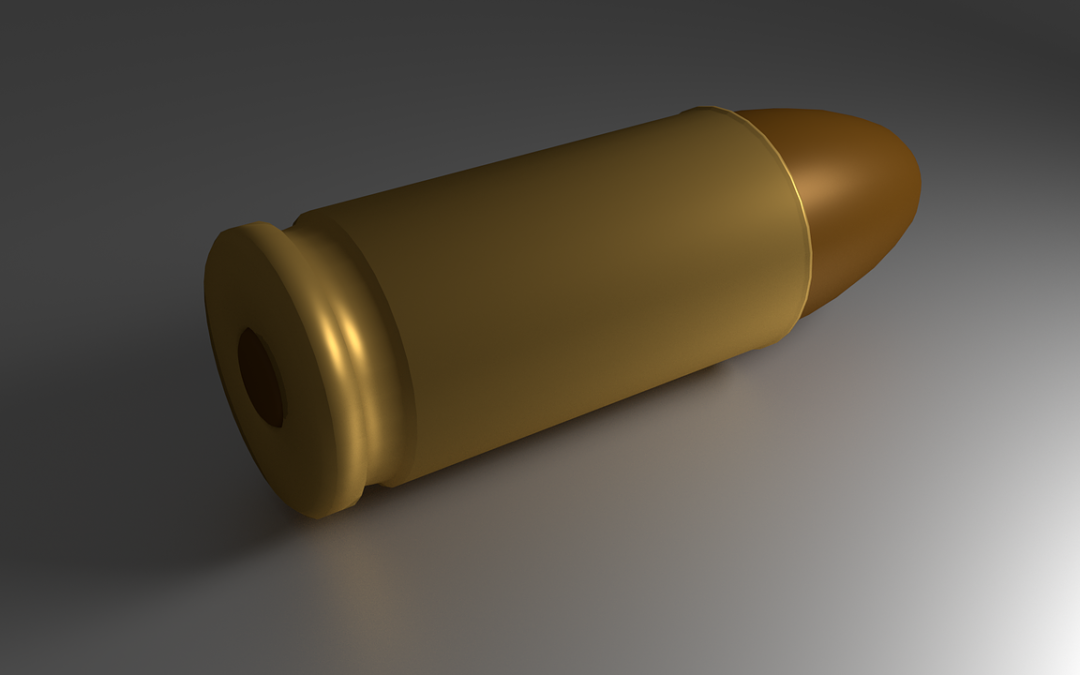A lot of people have heard of the importance of anti-oxidants. Especially with the talk of superfoods, almost all superfoods have some anti-oxidant properties. Having adequate anti-oxidants in your body is key to avoid aging, injuries, inflammation, or any chronic condition.
Why do we need anti-oxidants?
If you have ever observed a piece of metal rusting outside you have observed oxidation. When a chemical oxidizes it degrades or breaks down. Oxidation can occur for different reasons but in the body one of the main reasons why oxidation occurs is due to free radicals.
A free radical is defined as a very reactive and unstable molecule because it has an unpaired electron in its outer orbital. By design, nature builds atoms and molecules such that they have paired electrons. When a free radical is formed, it very readily gives up or accepts an electron to stabilize its unpaired electron. This exchange of electrons is very damaging to cellular structures.
The best way to think of free radicals is to consider them as chemical bullets. These chemical bullets are created all the time as part of normal physiology. For example:
- The immune system will create free radicals in an attempt to kill pathogens (bacteria, viruses, etc.)
- Cells will produce free radicals through the process of energy production, so therefore exercise can create a lot of free radicals.
- Chemical exposure to toxins such as harsh chemicals/cleaners, smoking, or various other toxins can induce free radical production in the body.
In order to combat the chemical bullets (free radicals) in our bodies we need plenty of bullet proof vests (anti-oxidants) around.
Where do we get anti-oxidants?
The best sources of anti-oxidants is from a diet rich in fruits and vegetables. Two of the best known anti-oxidants are Vitamin E and Vitamin C. The best sources of Vitamin E are from green leafy vegetables and the best sources from Vitamin C are from whole fruits. The whole food form of these nutrients work much better than supplemental forms. I rarely give large doses of synthetic Vitamin E or C because those mega-dose supplements are often harmful and can create deficiencies and imbalances in the body.
There are a lot of different phytochemicals (chemicals from plants) that can be considered anti-oxidants. Therefore, it is important to emphasize that the best source of anti-oxidant nutrients is from a diet rich in whole fruits and vegetables.
Why an injury won’t heal or that cold won’t leave?
One of the main reasons why an injury will not heal or we have a hard time getting over a cold is due to a depletion of our anti-oxidant system. When we are sick or injured an inflammatory response will be induced to deal with the damaged tissues. During this process, free radicals will be created and if our anti-oxidant system is depleted those free radicals will create a viscous cycle of inflammation.
In a study, patients who were seen by their physician and diagnosed as having strep throat went and had their tissues biopsied. Despite having symptoms and a diagnosis, very few of these patients were actually infected at the time of their biopsy. The best explanation for this is anti-oxidant depletion. The patient’s symptoms were a result of the continuous inflammatory process not an active infection.
What is glutathione?
Glutathione is perhaps the most important molecule in the body, besides oxygen and water. Because no matter how many antioxidants we ingest if we have inadequate glutathione in our system we are still vulnerable to free radical damage. If a free radical is present in the cell it can be neutralized by Vitamin E. However, now Vitamin E has become a free radical and this domino effect continues unless glutathione is present. Glutathione can give up an electron and become oxidized. However, there is a mechanism in place to recycle the oxidized glutathione into the more stable form.
I like to think of glutathione as the Wolverine (from the X-men series) of anti-oxidants. Wolverine had the ability to regenerate himself, basically he could take a pounding and keep coming back.
How do you supply glutathione?
It would be great if all we had to do was take a glutathione pill and we would all be safe from free radical damage. However, nothing is ever that simple. Glutathione consists of three amino acids put together and if you were to ingest whole glutathione it would break down in the stomach and not be absorbed. Therefore, we need to figure out how to maximize glutathione production.
Glutathione is made up of three amino acids Cysteine, Glycine, and Glutamic Acid. Any one of these three molecules can be the limiting step in glutathione production, however, cysteine is the most common.
Cysteine is a sulfur containing amino acid that is dependent upon protein intake. Ingestion of poultry and eggs is the best way to ensure adequate intake. However, cysteine deficiency can also be the result of vitamin and mineral deficiency. In fact, when someone shows a need for glutathione and ultimately cysteine, I will supplement with the essential vitamins and minerals for cysteine production rather than cysteine itself. The vitamins and minerals essential for cysteine are B6 (Pyridoxal 5-phosphate) Magnesium, Folic Acid, and B12. I will often use Schisandra Supreme which is an herb that stimulates cysteine and glutathione production.
Glutathione production and utilization is also dependent upon other nutrients such as Selenium, Niacinamide, Riboflavin, and Lipoic Acid. In addition, to maximize glutathione production patients would want to ensure that they have proper blood sugar delivery and energy production.
How do you lower the demand of glutathione?
The needs of any nutrient are always about supply and demand. In order to ensure adequate glutathione levels patients will benefit by recognizing what can cause glutathione depletion.
- Chronic Infections
- Overactive Immune systems
- Heavy Metal exposure and overall toxin exposure
- Overtraining
- Medications
- Stress
The best way to improve glutathione status is to eat a healthy diet, get plenty of rest, exercise within our capabilities, and reduce our toxic exposure.

